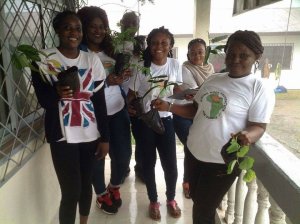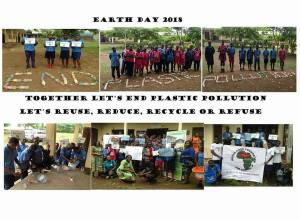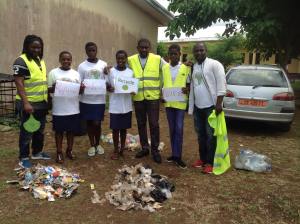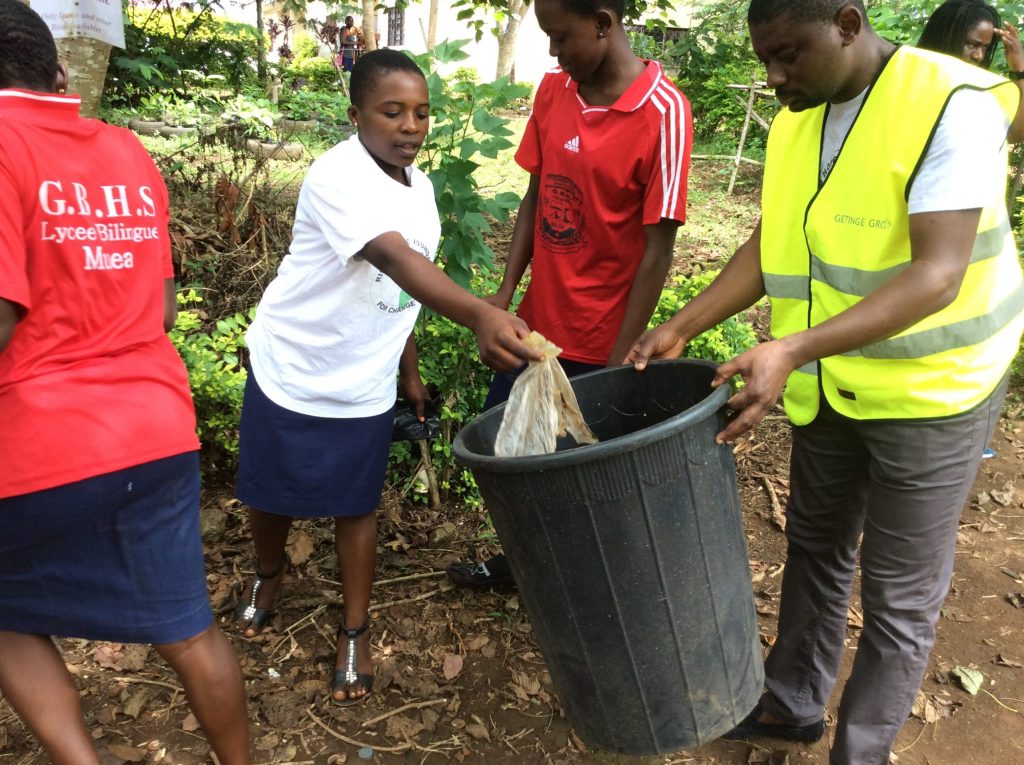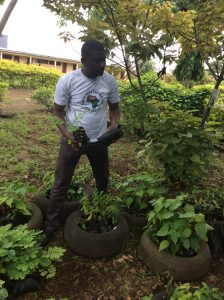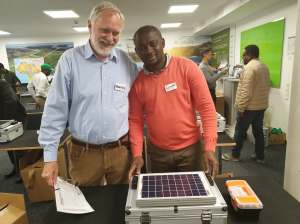-
Plant a Tree — a single tree will absorb one tone of carbon dioxide over its lifetime and shade provided by trees can also reduce your air conditioning bill by 10% – 15%.
-
Grow as much of your own food as possible-it saves on transport and packaging, it’s more nutritious, and cheaper!
-
Make a conscious effort to separate and recycle glass, plastic, paper and biodegradable products in your home and at work Avoid excessive packaging, much of the packaging on products in stores is unnecessary.
-
Re-use glass containers, jars and tubs in your home or office, this will help you to avoid purchasing additional packaging materials for your home and office.
-
Choose glass, tin, paper or cardboard packaging as these are all recyclable or biodegradable.
-
Favour plastic bearing a recycle mark and number, this means that this plastic is recyclable and is not for example a mixed substance that cannot be recycled.
-
Avoid materials which are not easily recyclable: Cling wrap Sweet wrappers Cellophane wrappers Wax coated cardboard boxes (for example in certain fruit boxes) Cardboard/Plastic mix containers such as those containing some long life milk and fruit juices
-
Choose glass packaging over plastic as it can be recycled more willingly than plastic or cans.
-
Do not dispose of empty ink cartridges into the bin, call Green Office to collect your empty ink cartridges.
